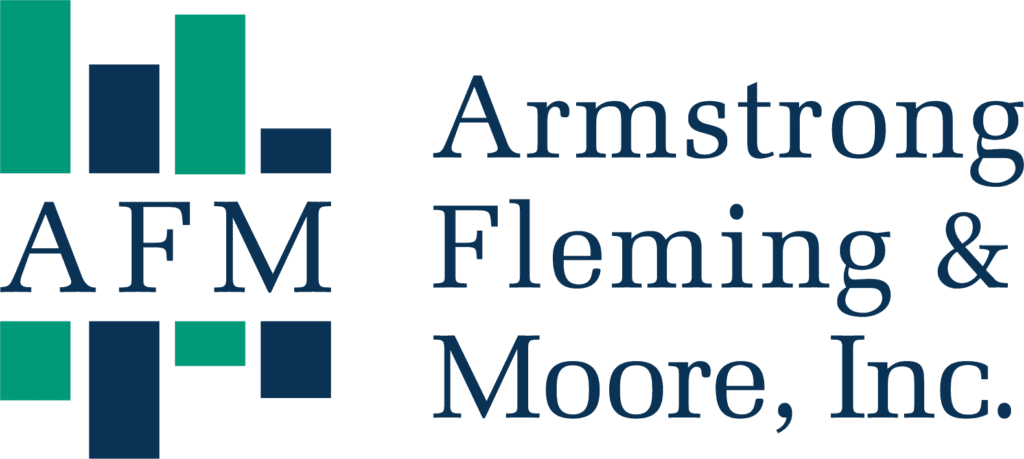Although the U.S. was not yet on lockdown as result of Covid-19, the stock markets began to sell off in late February, and over the next month, the Dow Jones Industrial Average fell over 10,000 points (34%). As a forced shut down severely slowed the economy and headlines were dominated with social justice movements across the country, more investors have been seeking to understand the characteristics and impacts of their investments. If we analyze the current environment and compare that with historical trends, there is some evidence that investor and consumer preferences for more socially responsible companies has changed permanently.
According to BlackRock’s recent Sustainable investing: resilience amid uncertainty report, global sustainable open-ended funds (mutual funds and ETFs) brought in $40.5 billion in new assets in the first quarter of 2020, a 41% increase year-over-year. While U.S. sustainable funds attracted a record $7.3 billion for the quarter. This data indicates that investors had a higher demand for sustainable funds over more traditional ones when rebalancing during this market turmoil. As far as performance during the quarter, Morningstar reported 51 out of 57 of their sustainable indices outperformed their broad market counterparts, and similarly, MSCI reported outperformance for 15 out of 17.
In a year that has revolved around the Covid-19 pandemic and highlighted many important social issues, which continue to take a tremendous toll on our health, economic well-being and everyday lives, it makes sense that environmental, social, and governance (ESG) investing and corporate sustainability practices are accelerating. These recent trends are helping to debunk an often-cited concern that investors would de-prioritize sustainability during sharp market downturns and increased volatility. In fact, Martin Jarzebowski, director of responsible investing at Federated Hermes, was interviewed for an InvestmentNews article in April and stated “ESG is starting to be understood as the new quality factor, and when you think of quality you think of strong management teams, balance sheet strength and companies positioned for the long term.”
In the most recent market contractions (2015-2016, end of 2018 and first quarter 2020) when there has been a flight to quality, ESG strategies have held up better than or in-line with traditional funds, and it’s not solely due to their limited exposure to fossil fuels, as this only represents a small percentage of a broad market index. The figure below shows the percentage of sustainable indices that have outperformed during various market downturns.

Lasting Impacts and Attempting to Predict the Future
When it comes to corporate sustainability and socially responsible initiatives, the UN Global Compact and the UN Principles for Responsible Investment (PRI) are two of the global leaders. As with the 2008-2009 financial crisis, both have experienced an abnormal increase in membership and engagement during the current crisis. Although some European governments have committed to using the economic recovery to accelerate environment and sustainable initiatives, corporations and investors have shown that their support is not dictated by what their governments are doing.
The pandemic has changed so much about our daily lives and when we examine this further, it appears that it will be an accelerator to the rise in ESG investing and sustainable practices. Technology has always been an important factor of improving efficiency and the sustainability movement, which only expanded as all sectors of the economy have been forced to make changes to go digital. This digitalization push will have lasting effects on how people consume, invest and work going forward. This has the added benefit of reducing waste and pollution, with less employees commuting to formal offices. Employment conditions, employee flexibility, and health/safety will likely be of heightened importance which is supported by the further use of technology and will push corporate norms. The pandemic has certainly brought to light the relationship of human health and the health of the planet, and the idea that we’re all connected, which will hopefully result in a greater appreciation of natural assets (clean air, water, healthy food, etc.) and each other.
With so much uncertainty about the current pandemic and the impact it will have everywhere, it is hard to predict what the future holds and how people, corporations and governments will react. ESG investing and the integration of better sustainability practices have been on an upward trajectory for the past few decades, but what remains to be seen is whether the spark form recent events will result in this being the new normal or if the momentum will eventually be derailed.
We routinely revisit ESG benchmarks and recommendations, and we welcome your questions. Please contact us if you’d like to discuss our approach.

